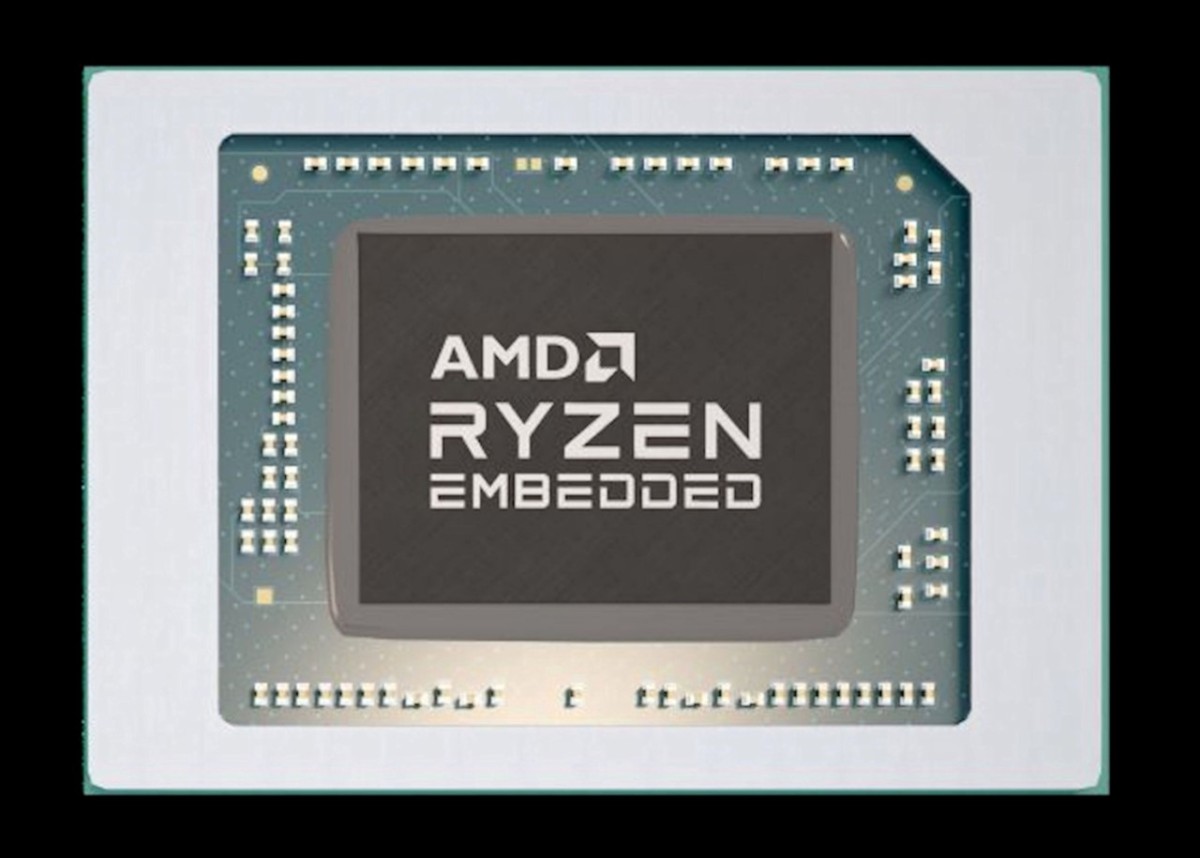AMD has introduced the Ryzen™ Embedded V3000 Series processors, adding the high-performance “Zen 3” core to the V-Series portfolio to deliver reliable, scalable processing performance for a wide range of storage and networking system applications. With greater CPU performance(1), DRAM memory transfer rate(2), CPU core count(3) and I/O connectivity when compared to the AMD Ryzen Embedded V1000 series, the new AMD Ryzen Embedded V3000 Series processors deliver the performance and low-power options required for some of the most demanding 24x7 operating environments and workloads.
Now shipping to leading embedded ODMs and OEMs, AMD Ryzen Embedded V3000 processors address the growing demands of enterprise and cloud storage, as well as data center network routing, switching and firewall security features. AMD Ryzen Embedded V3000 processors can power a variety of diverse use-cases ranging from virtual hyper-converged infrastructure to advanced systems at the edge.
“We designed AMD Ryzen Embedded V3000 processors for customers seeking a balance of high-performance and power-efficiency for a wide range of applications in a compact BGA package,” said Rajneesh Gaur, corporate vice president and general manager, Embedded Solutions Group, AMD. “AMD Ryzen Embedded V3000 processors deliver a robust suite of features with advanced benefits required for superior workload performance in enterprise and cloud storage and networking products.”
AMD Ryzen Embedded V3000 processors are available in four-, six- and eight-core configurations with low thermal design power (TDP) profiles spanning from 10W to 54W for storage and networking systems to enable an exacting balance of performance and power efficiency in a compact design. The new AMD Ryzen Embedded V3000 processor family enables system designers to leverage a single board design for a wide range of system configurations, with ball grid array (BGA) packaging and low thermal dissipation for the creation of more versatile, flexible designs that ease system integration.
“Storage and networking require a different balance of data processing performance, data movement, power management and thermal management than traditional compute. Processors for storage and networking require compute, memory and I/O capabilities balanced for rack space utilization, power efficiency and low heat dissipation in space-constrained environments,” said Shane Rau, research vice president, Computing Semiconductors, IDC. “The market for storage and networking will demand x86-compatible processors optimized for core data center and edge infrastructure systems and processor vendors offering them will help their OEM customers significantly expand their system TAM while leveraging their existing investments in the x86 ecosystem.”




